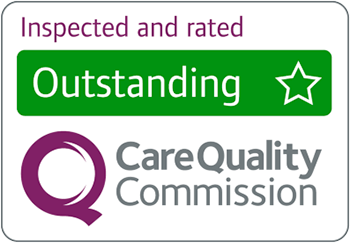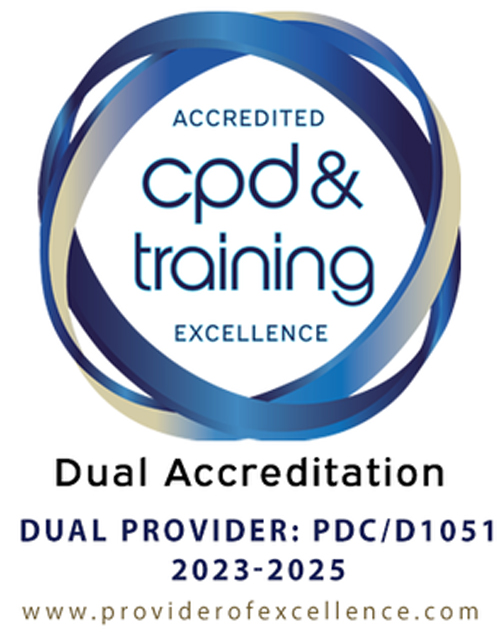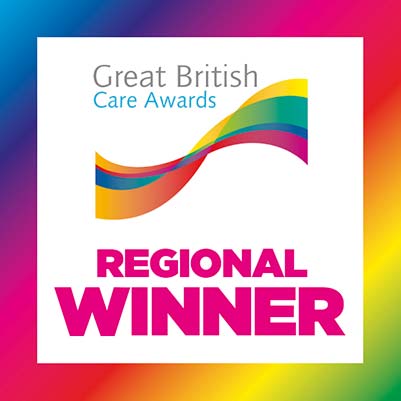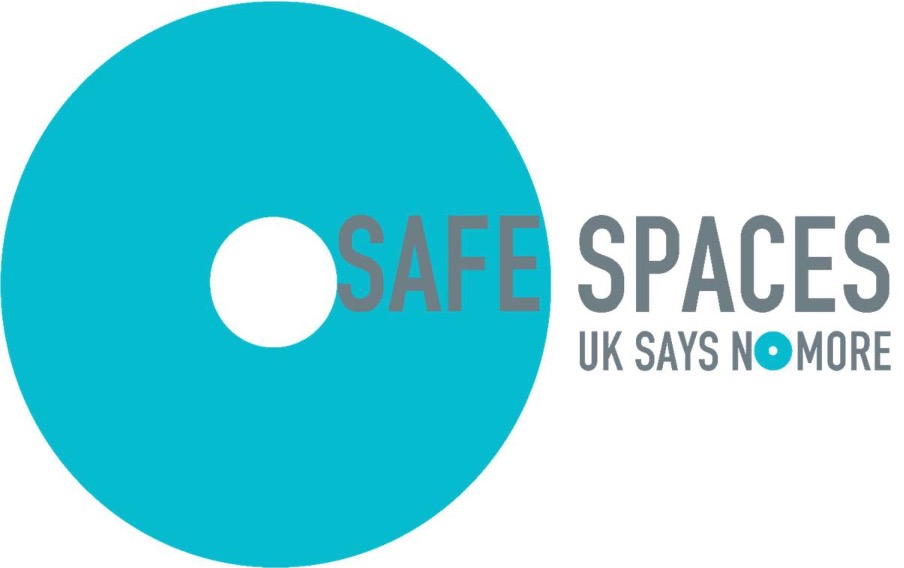Being a carer (or a healthcare assistant, support worker, care worker – all these terms pretty much mean the same thing) brings a great deal of job satisfaction and emotional rewards. Your job is simply to make life better for people.
It is quite hard work, emotionally and physically. You are helping people through often difficult parts of their lives and you need to be physically fit (you are doing jobs your clients no longer can). However, the rewards greatly outweigh the downsides, as a result most of our carers stay with us for a long time, and we have carers who have been with us for over 25 years.
We believe our carers deserve to be well looked after because they do such a good job. Therefore we pay our carers well and give them probably the best training in the country. We also have a specialist carer contact team to give our carers support, our expert training team gives specialist help and advice, we have a Mental Health First Aider and our on-call team is available 24/7 to help carers if anything goes wrong.
What are the requirements to be a carer in the UK?
When we recruit, we look for attitude and potential, and train for skills. This means beyond the few basic requirements below, we are looking for people who can show us they are caring, hard-working and will be successful.
We hire carers who:
- Bring positive energy.
- Do as they would be done by.
- Have an outstanding attitude to getting the job done (conscientious, organised and willing to learn and improve).
- Do what they say they will do.
- Are kind, patient and interested in other people.
- Are well-organised.
In the end, as a carer, you have to pass the ‘mum test’. Our recruitment and training teams ask themselves, “would I have this person to look after my mum?” If the answer is yes, then you will be successful.
The basic requirements are:
- To be able to pass an enhanced DBS check as our carers look after vulnerable people.
- To be able to use a mobile phone and our simple care app.
- To have positive references.
- To be physically fit, for example to be able to bend and kneel for some time.
- To not be a heavy smoker – most of our clients don’t want to smell cigarettes. A vape is fine though.
- To have good English to communicate effectively with clients and the office team.
- In some cases (especially in our hourly visiting care branch, though it is useful throughout) to be able to drive a car in the UK.
- To have the right to work in the UK.
Do I need experience to work in care?
Formal experience isn’t always needed to work as a carer but that depends on the company. For Christies Care as our training is designed and delivered to give you all the knowledge you need to start building your career in care. Our training has been twice accredited with the Princess Royal Training Award, demonstrating it is probably the best care training in the country.
How do I start being a carer?
If you live in East Suffolk, you have the choice of joining Christies Care as either a live-in carer or an hourly carer.
If you live further afield (we recruit people with the right to work in the UK and the correct attitude and communication skills from anywhere in the world), then it is likely you will want to be a live-in carer.
What’s the difference between a live-in carer and an hourly carer?
Hourly carers go from client to client throughout the day. Visits last from thirty minutes to two or three hours, depending on your clients’ wants and needs. You work with our team to agree when and where you want to work, and you keep to that schedule. You do need to be able to drive a car to get from client to client.
Live-in care means just that – you live in your client’s home, giving them the care they want and need throughout the time you are there. It means you must be happy to stay in someone else’s home for at least two weeks at a time. You work with our team to agree when you want to work and you keep to that schedule.
To our carers, the chief differences between the two are:
With live-in care you have intense periods of work, followed by solid long periods of rest. So you may be working two weeks on and one off, or eight weeks on and three off, or whatever pattern works well. While you are working, you have a lot of time to build a very good relationship with your clients, and to steadily help make your client’s life better.
With hourly visiting care, you live your normal life at home. You see your clients every day (sometimes twice or three times a day), getting to know them well and helping to make their lives better. Your time is much more focussed than in a live-in role and you will see a wider variety of people.
In both cases, the application process to be a carer with Christies Care is the same.
Can I work in care with no qualifications?
Previous qualifications aren’t relevant for Christies Carers as everyone must complete our training. Why? Because we have to be sure that everyone has the latest knowledge and skills, and are aligned with our values and the way we like to do things.
As long as you meet our basic standards listed above, we recruit on personality. You’re more likely to be successful if you have the right personality and no qualifications rather than the other way round.
What is the mandatory training for carers?
The most common mandatory training subjects for domiciliary care are:
- Health and safety
- Fire safety
- Equality, diversity and human rights.
- People moving and handling.
- Food hygiene
- Safeguarding adults
These vary from provider to provider depending on their service needs.
The Care Certificate (endorsed by the Care Quality Commission) sets out 15 minimum standards for those who are new to care, to form part of a robust induction programme. These are in the form of 15 workbooks that set out the fundamental skills needed to work competently in care.
We use the Care Certificate as a base for our Induction training, however instead of using the workbooks for the carers to learn from we incorporate each subject into the training using practical sessions and teaching practical skills using direct instructions and scenarios to embed the learning.
We use core and mandatory subjects to provide training to staff to follow statutory requirements, we do not just meet them, we exceed them to ensure our carers have the confidence and skills set needed for care.
Our Moving and Handling is completed using theory and practical training, so the carers are able to practise using the equipment, rather than watching videos.
| Core subjects |
| Manual Handling |
| Up From the Floor |
| Assisting Clients on Stairs |
| Medication Administration |
| Medication Recording on the Birdie App |
| Safeguarding Adults |
| Safeguarding Children |
| Infection Control and Prevention |
| Health and Safety |
| Fire Safety |
| Food Hygiene |
| Mandatory training |
| Diabetes Awareness and Administration |
| Mental Capacity Act |
| Pressure Care |
| Personal Care |
| Dementia Awareness |
| First Aid |
| GDPR |
| End Of Life Care |
| Introduction to Learning Disabilities |
| Continence Management |
| Sepsis Awareness |
| Fluid and Nutrition |
| Equality, Diversity and Human Rights |
Our carers attend yearly update training which again covers more that just the basic training needed.
| Core subjects |
| Manual Handling |
| Up from the Floor |
| Assisting Clients on Stairs |
| Medication Administration |
| Medication Recording on the Birdie App |
| Safeguarding Adults |
| Safeguarding Children |
| Infection Control and Prevention |
| Food Hygiene |
| Mandatory training |
| Diabetes Awareness and Administration |
| Dementia Awareness |
| Mental Capacity Act |
| Fluid and Nutrition |
| Equality, Diversity and Human Rights |
| First Aid |
| GDPR |
| Sepsis Awareness |
| Stoma Care |
| Behaviours That Challenge |
| ABC Charts |
| Epilepsy Awareness |
We also ensure that every carer who works with us has their Dementia training updated every two years, regardless of whether they work with clients living with dementia, this is because it covers nutrition and hydration, confusion, delirium and aspiration which could happen with any client we provide care for.
How long does it take to become a carer?
You can start to be a Christies Carer within a week or two of applying, assuming everything works smoothly and you are starting from within the UK.
The key things that are hard to plan for, take time and may be out of our control are your references (so please warn your referees that we will be contacting them, and ask them to reply quickly) and your Disclosure and Barring Service (DBS) checks. Usually the DBS takes only a couple of days but sometimes it is slower.
Otherwise, you only have to complete your training and then you are ready to start earning and helping your clients lead happier lives.
Interested in becoming a Christies Carer? Find out more about our live in care jobs.











